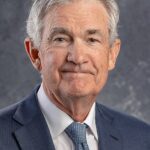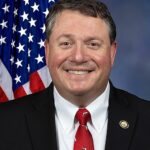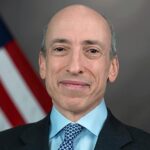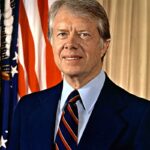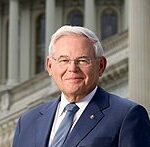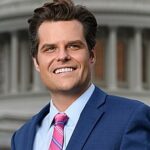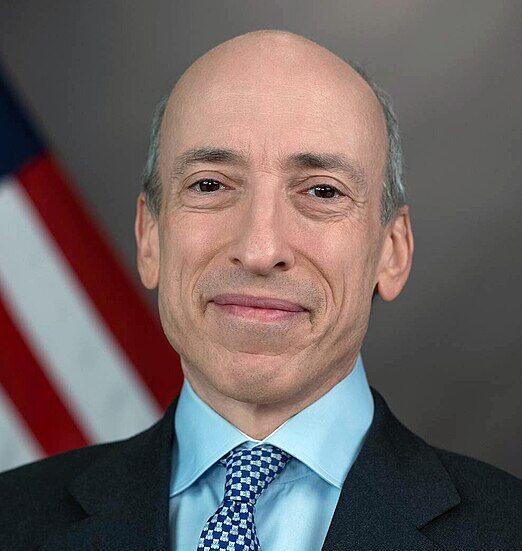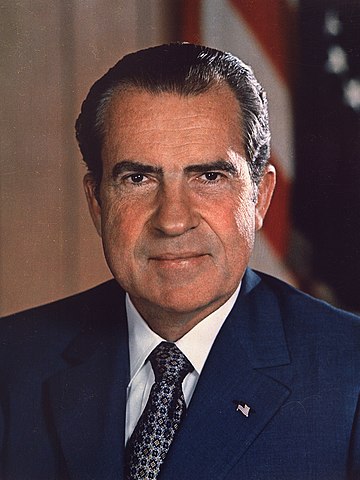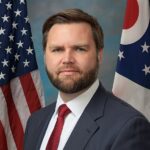 J.D. Vance, the 50th Vice President of the United States, rose to national prominence with his best-selling memoir Hillbilly Elegy. His journey from a Silicon Valley venture capitalist to a populist politician has drawn both admiration and skepticism. Vance’s political ascent reflects a deep connection with struggling communities, though critics question his ability to deliver substantive solutions to the systemic issues he often critiques.
J.D. Vance, the 50th Vice President of the United States, rose to national prominence with his best-selling memoir Hillbilly Elegy. His journey from a Silicon Valley venture capitalist to a populist politician has drawn both admiration and skepticism. Vance’s political ascent reflects a deep connection with struggling communities, though critics question his ability to deliver substantive solutions to the systemic issues he often critiques.
Early Life and Education
Childhood and Family Background
Born on August 2, 1984, in Middletown, Ohio, J.D. Vance grew up in a working-class Appalachian family. His childhood was marked by economic instability and family challenges—a story he later chronicled in Hillbilly Elegy. While his narrative resonated with many as an authentic portrayal of rural America, others have criticized it as overly simplistic and dismissive of broader systemic factors.
Education and Early Aspirations
After graduating from high school, Vance served in the U.S. Marine Corps, a period he credits with instilling discipline and purpose. He later attended Ohio State University and Yale Law School, where his academic achievements contrasted sharply with his working-class roots. Despite his success, critics argue that his portrayal of these experiences often veers into self-congratulation, sidelining broader societal barriers faced by those from similar backgrounds.
Rise to Prominence
Hillbilly Elegy: The Memoir that Made Him Famous
Published in 2016, Hillbilly Elegy became a cultural touchstone, praised for its unflinching look at poverty and addiction in rural America. However, the book’s reception was polarizing. While some viewed it as a wake-up call for understanding forgotten communities, others saw it as an oversimplified critique that placed too much blame on individuals rather than systemic issues like job loss and underfunded education.
From Author to Venture Capitalist
Before entering politics, Vance worked in Silicon Valley as a venture capitalist, a career that critics argue reflects a detachment from the very communities he claims to represent. While he has framed this experience as valuable exposure to economic innovation, detractors see it as emblematic of a career trajectory driven more by ambition than genuine advocacy.
Political Career
Transition from Private Sector to Public Service
Vance’s decision to enter politics came amid growing frustration with the political establishment’s failure to address the challenges faced by working-class Americans. His Senate campaign emphasized themes of economic revitalization, cultural preservation, and skepticism toward elite institutions.
Endorsement from Donald Trump
Vance’s embrace of former President Donald Trump played a pivotal role in his political ascent. While this alignment energized his base, critics view it as a calculated shift from his earlier criticisms of Trump, raising questions about his authenticity and political principles.
Vice Presidency and Recent Developments
In July 2024, Donald Trump selected J.D. Vance as his running mate for the presidential election. The Trump-Vance ticket won the 2024 election, and Vance was sworn in as Vice President on January 20, 2025. At 40 years old, he became the youngest person elected to the vice presidency since Richard Nixon in 1952. Vance is also the first Millennial and the first U.S. Marine Corps veteran of the Iraq War to hold the office.
As Vice President, Vance has taken on a prominent role in the administration, frequently acting as a policy surrogate and cultural commentator. He has been especially vocal on issues such as Big Tech regulation, reshoring American manufacturing, and educational reform. His speeches and interviews often blend conservative populism with personal anecdotes about family, faith, and military service, resonating with the GOP base and beyond.
Recent International Engagements
In April 2025, Vice President Vance visited the Vatican and met briefly with Pope Francis on Easter Sunday. The meeting occurred just one day before the Pope’s passing, making Vance one of the last leaders to meet with him. Despite previous tensions over immigration policies, Vance described the encounter as a great personal blessing and emphasized areas of agreement.
During his visit to India in April 2025, Vice President Vance delivered remarks on the U.S. and India’s shared priorities, highlighting the importance of the bilateral relationship and cooperation on global issues.
Challenges and Criticisms
Balancing Populism and Practicality
One of Vance’s central challenges is reconciling his populist rhetoric with actionable policy. While he has been effective in highlighting issues like opioid addiction and economic decline, his critics argue that he offers few tangible solutions, relying instead on broad generalizations.
Navigating a Divided America
Vance often finds himself at the center of America’s cultural and political divisions. As Vice President, he has embraced his role as a voice for conservative populism, frequently commenting on issues ranging from education to national identity. While his message resonates strongly with a sizable portion of the electorate, it also deepens the divide with progressives and moderates who see his rhetoric as inflammatory rather than unifying. His ability—or inability—to bridge this gap may significantly affect the future tone of American politics.
Legacy and Impact
Advocacy for Forgotten Communities
Vance’s personal journey from poverty to the Vice Presidency serves as a compelling narrative of American social mobility. He has used his platform to advocate for communities left behind by globalization and deindustrialization, particularly in the Rust Belt. Supporters view him as a powerful advocate for the working class, someone who speaks from experience rather than theory. However, critics argue that his emphasis on personal responsibility and cultural critique oversimplifies deeply rooted economic and institutional problems.
Long-Term Influence
As one of the youngest individuals ever elected to the vice presidency, J.D. Vance’s political future is closely watched. Many speculate he may be a leading contender for the presidency in coming election cycles. His ability to maintain credibility with the GOP base while expanding his appeal beyond it will be crucial in determining his long-term viability on the national stage. His tenure as Vice President will likely be judged not only by his loyalty to the Trump administration but also by his individual leadership in shaping policy and public discourse.
Conclusion
J.D. Vance’s political career continues to reflect the broader tensions and transformations within American conservatism. His rise from a troubled Ohio upbringing to the second-highest office in the land underscores a unique blend of ambition, narrative, and ideological evolution. Whether he becomes a unifying leader or remains a polarizing figure will depend on his ability to translate populist energy into durable policy solutions. For now, his vice presidency represents both a fulfillment of his personal journey and a defining chapter in America’s evolving political identity.
